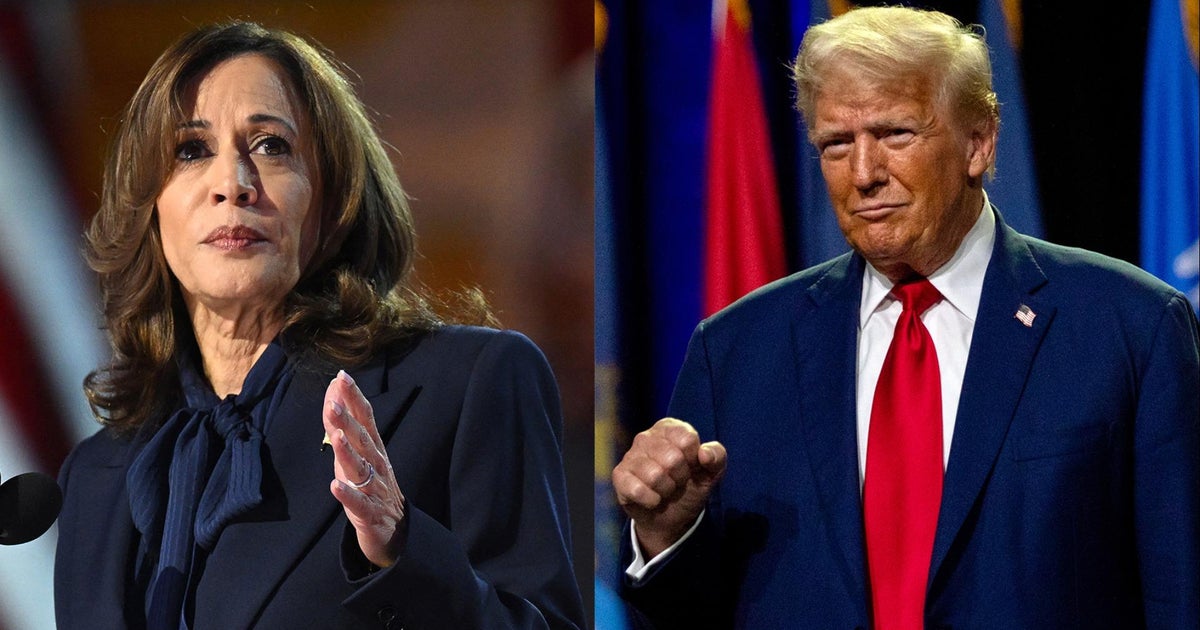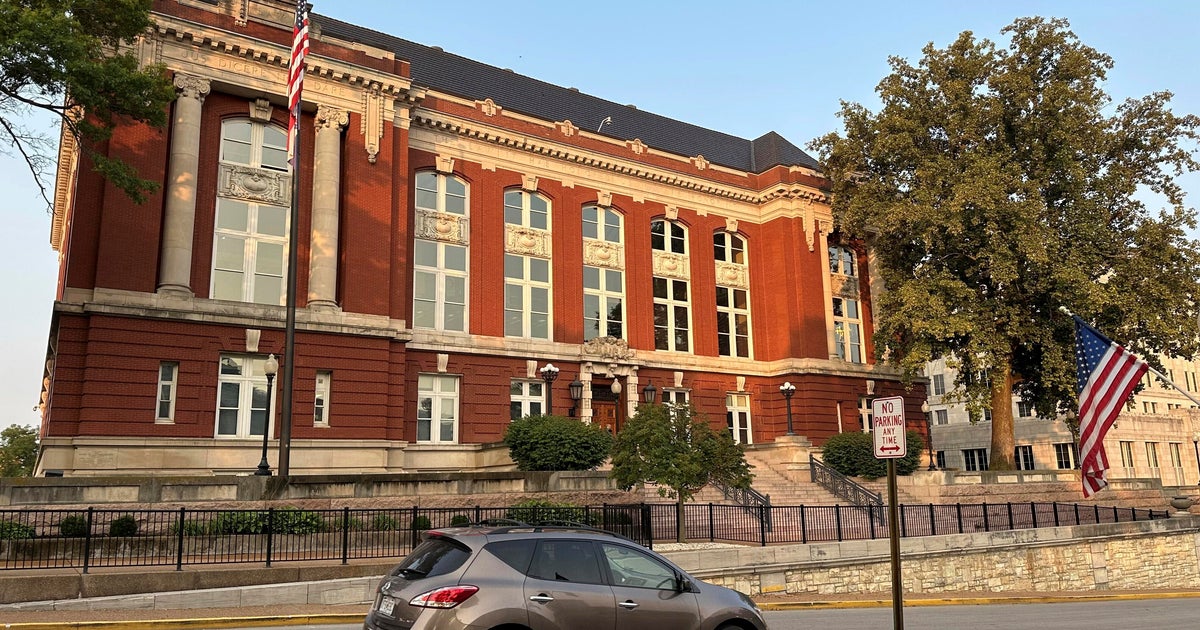The Biden administration is making plans to announce one of the largest immigration relief programs in recent history,developing a policythat would offer legal status to hundreds of thousands of immigrants living in the country without proper documents, four people familiar with the plans told CBS News.
A program being developed by White House officials would offer work permits and deportation protections to unauthorized immigrants married to U.S. citizens, as long as they have lived in the U.S. for at least 10 years, the sources said, requesting anonymity to talk about internal government plans.
The proposal, known as “Parole in Place,” would also open up a pathway to permanent legal status and U.S. citizenship for some beneficiaries by removing an obstacle in U.S. law that prevents those who entered the U.S. illegally from obtaining green cards without leaving the country.
Another plan being prepared by the Biden administration would streamline the process for so-called DREAMers and other undocumented immigrants to request waivers that would make it easier for them to obtain temporary visas, such as H-1B visas for high-skilled workers, the sources said.
The proposal is set to be announced Tuesday, according to sources briefed on the White House’s plans, when administration officials are preparing to host an event to celebrate the 12th anniversary of the Deferred Action for Childhood Arrivals program, which shieldsroughly530,000 undocumented immigrants brought to the U.S. as children from deportation.
Some Democratic lawmakers have already been invited to Tuesday’s immigration event at the White House, three congressional officials told CBS News, requesting anonymity to share private invitations.
A White House official said no final decisions had been made. White House spokesperson Angelo Fernandez Hernandez previously said the administration is “committed to taking action to address our broken immigration system.”
The “Parole in Place” plan would be the largest immigration program for unauthorized immigrants since DACA, a policy that former President Barack Obama announced in 2012 as a “stopgap” measure to protect DREAMers in light of congressional inaction on immigration.
The policy would benefit a subset of the estimated 1.1 million unauthorized immigrants with American citizen spouses, as long as they meet the residency requirement and other rules. Overall, there are approximately 11 million immigrants living in the U.S. unlawfully, according to the most recent government estimate.
The move would further underscore an increased willingness by President Biden to take executive actions on immigration ahead of the presidential election in November. Just last week, Mr. Biden invoked his executive authority to enact a partial ban on asylum claims at the southern border, a move that has already been challenged in federal court by the American Civil Liberties Union.
Just like the border executive action, the “Parole in Place” program will likely face legal challenges, possibly from Republican-led states, which have filed multiple lawsuits against Mr. Biden’s more generous immigration policies.
The program would almost certainly garner vocal opposition from Republican lawmakers, who have increasingly taken strong stances against “amnesty” for those living in the U.S. illegally.
“Biden’s border is still in crisis and his latest idea is amnesty. This will invite more chaos,” said Sen. James Lankford of Oklahoma, the lead Republican negotiator of a border security deal brokered by the White House and a group of senators earlier this year.
Still, Mr. Biden has been arguing that he’s acting unilaterally on immigration because Congress failed to pass that agreement, which was rejected by most Republican lawmakers. Political analysts also believe the “Parole in Place” policy could help Mr. Biden’s chances of earning more support from Latino voters, especially those in mixed-status families that would benefit from the move.
U.S. Citizenship and Immigration Services, the federal agency that oversees the legal immigration system, has administered a more limited “Parole in Place” program for military families for over a decade. The policy allows some undocumented immigrants who are immediate relatives of U.S. service members or veterans to obtain green cards, without having to leave the country.



